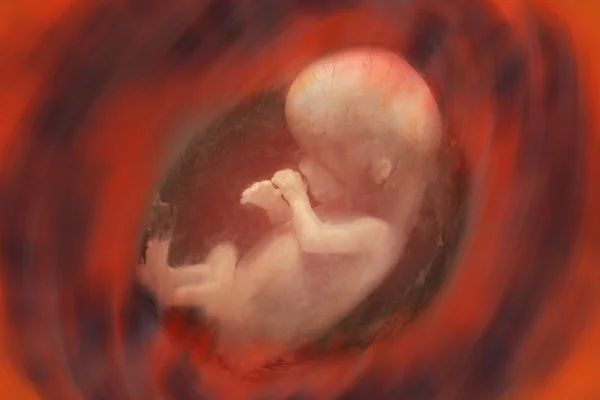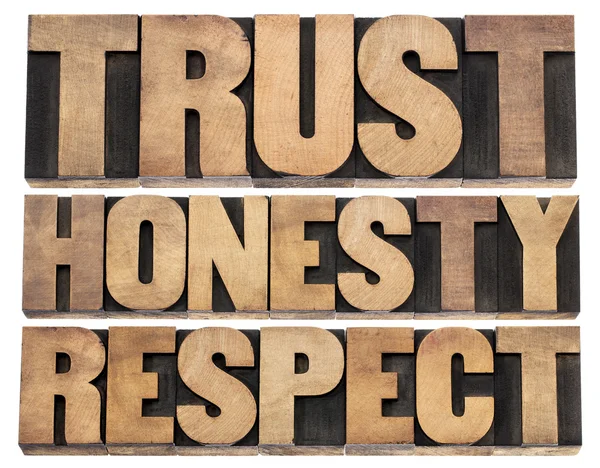”What’s the benefit of believing in God?” This question was asked of a broadcast writer and in her Catholic Peace column gives the readers her answer.
She was confused by the question and was contemplating what to answer and her friend added: “They say religion is something you have to have as you get older.”
The proper thing to do was invite her friend who had an interest in God to church, but she didn't do that. She felt a sense of disappointment that her faith life was seen as one asking for blessings, which she thought was hidden. She overdid it and answered: “I’m not here to get help.” My friend was even more surprised. "Wow! Going to places that don’t help?" She answered ‘pretending to be strong’ —"I go because I want to be of help to God."
Even though she was satisfied with the answer, she felt uncomfortable. After that, her friend never brought up religion with her again. She felt that her answer had ‘cut off’ any trace of curiosity her friend may have had about God.
Would it not have been better to respond to her friend's understanding of religious belief? Such as: "if you go to church, you will meet a lot of good people and have many volunteer opportunities related to the environment that you are interested in?” She should have met her friend as a beginner in spiritual things.
It bothered her that God seemed to be reduced to a Being to fit our needs. There are not only good people in churches, and we have many ways outside of churches in which people can be of service to society. She is still looking for an answer as to how best to respond.
"If I don’t believe in God, will I go to hell?” This was a question asked in a word-sharing session in a catechism class by one of the students. This question was asked after hearing the teaching in class. “The God I know is not like that,” she told the concerned catechumen but somehow she did not like the answer. If I had to believe, God would be too strict and without mercy, and if I didn't have to believe, the meaning of baptism would be meaningless.
“Where do you think hell is?” Asked the Religious Sister of the class. Before she became a believer, she thought that hell was a ‘place’, but after becoming a believer, she could say that hell is ‘a state without God'. The columnist felt she had solved one of her religious problems thanks to the nun. As she shared this good news with the sister, she told her that the heart that fears God is also the grace of the Holy Spirit. This is because ‘fear’, one of the gifts of the Holy Spirit, is, in other words, a heart that does not fear anything but God’.
We can sometimes reduce God to be our ‘servant’ to serve our needs or fear Him as a ruthless 'judge'. What is clear is that living with awareness of the existence of God, no matter how big or small, means that there is hope of finding or returning to the Lord at any time. "How God will respond to each of us is His choice; I am merely here to wholeheartedly welcome those who wish to approach God and to seek the best answers together."






